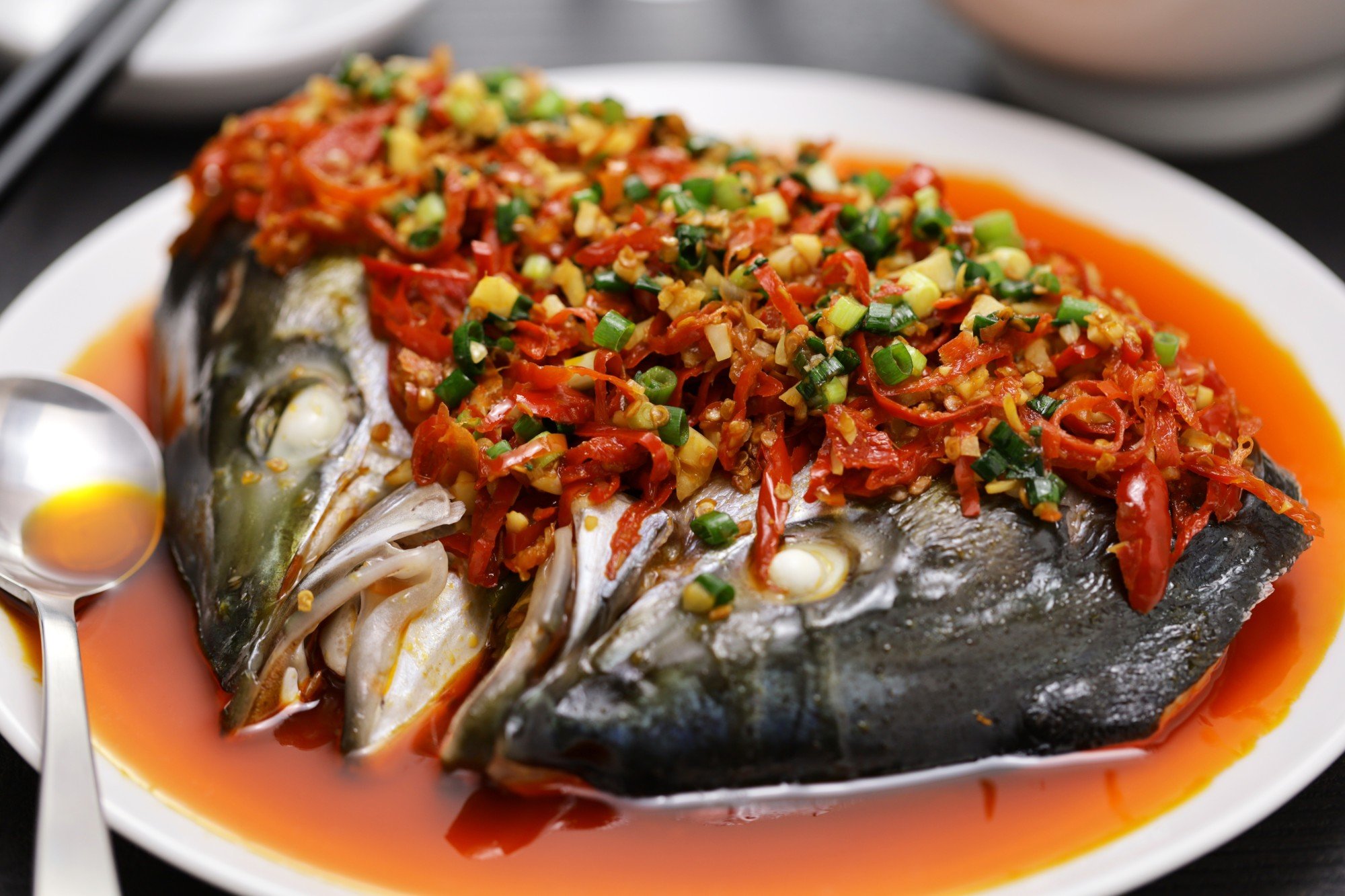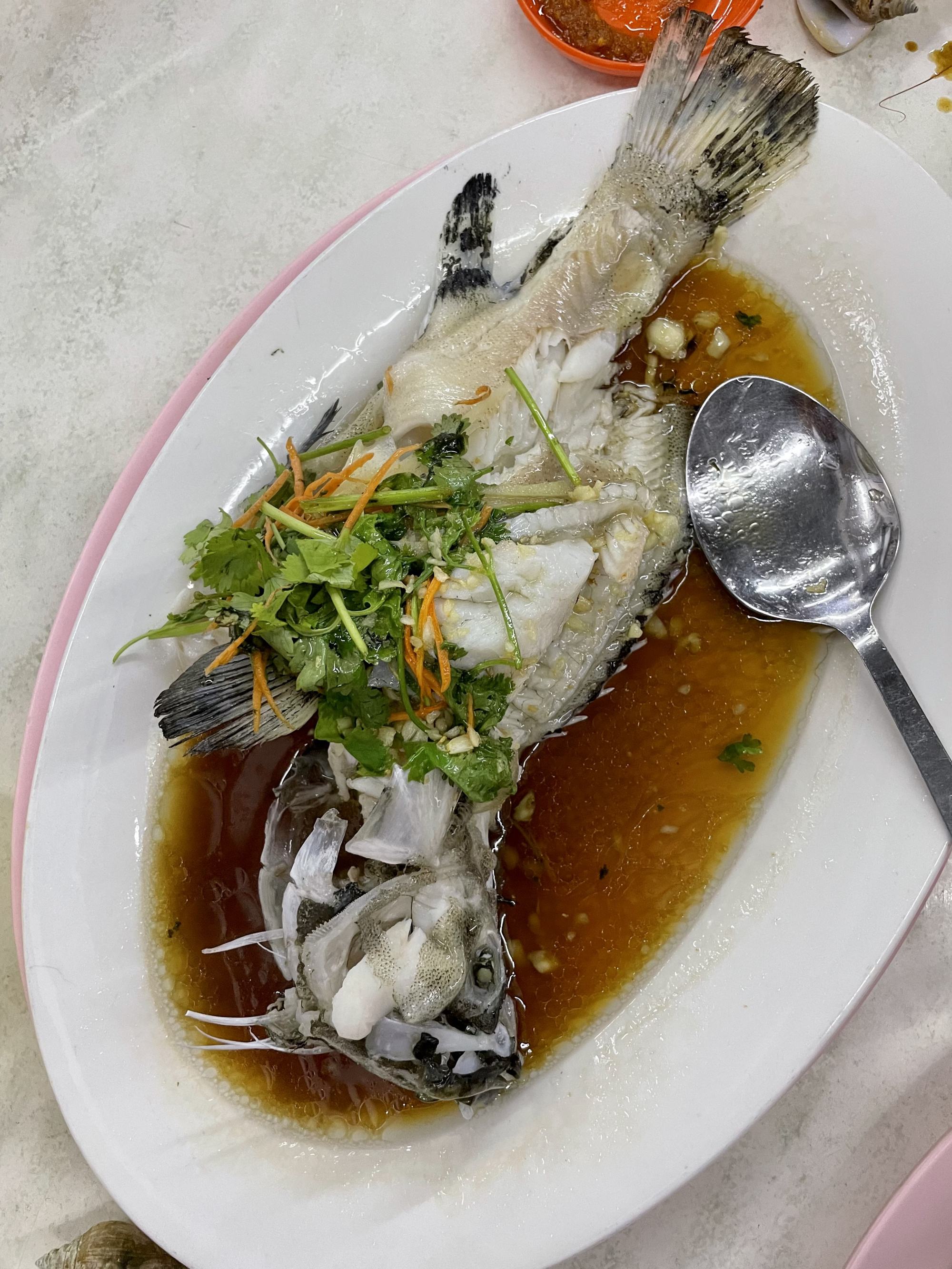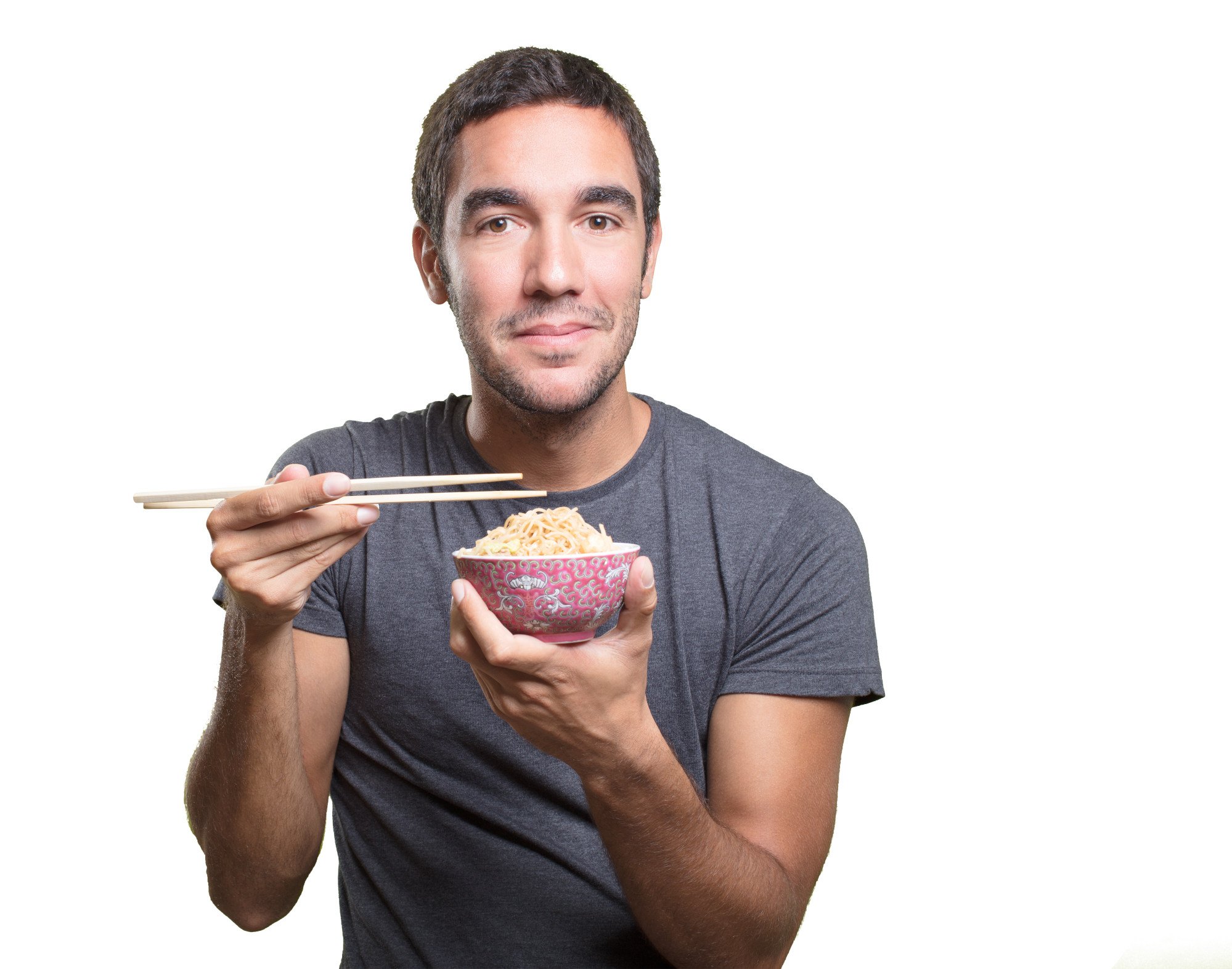But there’s one final hurdle that will test the compatibility of your relationship: meeting and eating with the family. Oh, and the wild card? You’re Chinese, your beau is not.
“Are the White Husbands invited?” My Chinese girlfriends like to share this private joke in our WhatsApp group every time we plan to meet up.
To clarify: “White Husband”, in my eyes, is a demographic that includes White Boyfriends, White Girlfriends and any type of serious partner who is not Chinese.
The real subtext of the question is that if the White Husbands are coming, we regrettably won’t get to eat the foods that we really want to eat.
Should you wish to ingratiate yourself into your Chinese partner’s family, read this advice carefully, for the dining table will be the true test of your relationship …
And even though I don’t have a White Husband any more, it got me thinking: as people who are so particular about our food, how do we work through the dietary clashes that come with entering a multicultural relationship?
So heed ye, all potential White Husbands! Should you wish to ingratiate yourself into your Chinese partner’s family, read this advice carefully, for the dining table will be the true test of your relationship …
I started my research by asking my British Chinese friends what their multicultural-relationship deal-breakers were.
The same grievances came back to me, such as a new partner’s insistence on ordering their own dish rather than eating family style, or being fussy about trying different foods.

This is made all the more emotionally significant by the fact that this is “fancy” Chinese home-cooked fare, meaning that someone’s mother (typically) has gone to the market that day to choose the biggest, freshest snapper or sea bream she can afford.
My friend Y fumed as she recounted how her husband who – when the fish head was swivelled towards him, in the customary gesture of respect to the guest of honour – could not swallow anything more than rice and vegetables for the duration of the meal.
I am sympathetic to those who never grew up learning to appreciate a whole fish – eyeballs, gills and all – let alone navigate it with a pair of chopsticks, but I also understand how this touched a nerve for Y.
I do think there are few things sadder in a relationship than not being able to enjoy the same food, or at least not having matching appetites
It would not hurt to observe what others are drinking, and to only accept booze if it’s offered. If in doubt, drink tea.
Some of my friends felt alienated by their partners’ attitudes to their food customs.
These attitudes could be as innocuous as bemusement about the obsession with not just eating food, but talking about eating food – to the point that you might be enjoying one delicious meal while planning the next – and as upsetting as calling certain food preferences weird or gross.
I do think there are few things sadder in a relationship than not being able to enjoy the same food, or at least not having matching appetites.

There will always be compromise, but I’ve heard of people changing their diets for their partners to the point of feeling like they are suffering a slow, self-inflicted cultural death.
I was heartened to hear of more triumphs than horror stories. White Boyfriends, you’re in luck; the bar is pretty low for you guys.
Apparently all you need do to impress the Chinese parents is to use chopsticks correctly, learn a few Chinese phrases of appreciation and train your stomach to be a bottomless compost bin.
I have heard hilarious anecdotes about White Boyfriends valiantly working their way through plates that seemed to magically reload themselves. “Freshman 15” – a term that references weight gain during a student’s first year at university – has nothing on dating a Chinese girl.
It’s not just that food is particularly important to Chinese culture, rather that the dining table is a theatre for past, present and potential familial relationships to play out
For extra brownie points, my friend H taught her husband to eat chicken meat clean off the bone, signalling to her parents that he had both epicurean and frugal sensibilities.
The same standards don’t apply to White Girlfriends, though, who apparently harbour a masochistic death wish for attempting to date a Chinese mother’s precious baby boy.
According to my friend B, by their second month of dating, his German girlfriend had been subjected to merciless interrogation about her childbearing plans.
Her physical health became a matter of communal concern among the interfering aunties; she eventually proved her credentials by learning to boil her mother-in-law’s tonic soups.
At the end of the day, the White Husbands might ask, “Why do we need to get it right when eating with family?” It’s not just that food is particularly important to Chinese culture, rather that the dining table is a theatre for past, present and potential familial relationships to play out.

Mastering the etiquette and doublespeak of Chinese food customs can seem as impossible to code-break as the language itself.
It’s a chance to prove that you are worthy of being in the family.
With that in mind, these are my final tips for all the White Husbands hoping for a harmonious relationship over food.
If there is an absence of shared language, you must speak with actions. Be deferential. Serve elders, children and your partner before yourself. Don’t take too much, but also don’t refuse food.
A gift of well-selected fruit is always considered a thoughtful gesture
Don’t yuck anyone’s yum. Compliment your in-laws profusely on the dish you love the most, but be warned: they will cook it for you repeatedly until you can’t stand the sight of it any more.
Never show up to any gathering empty-handed, even if you assume you’re going to be footing the bill (it’s not unusual for fisticuffs to erupt over paying, but at the same time I would not advise punching your future father-in-law).
In our culture, we keep the metaphorical receipts; imagine a mental accounts book that tallies the ongoing exchanges of hospitality. A gift of well-selected fruit is always considered a thoughtful gesture.
If all else fails, learn from my proudest achievement: teaching my White Husband to call restaurants a day ahead to put down his credit card.







